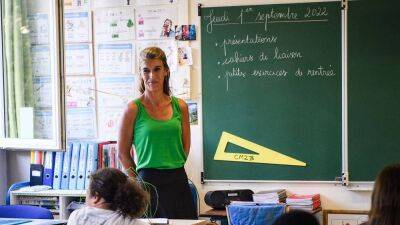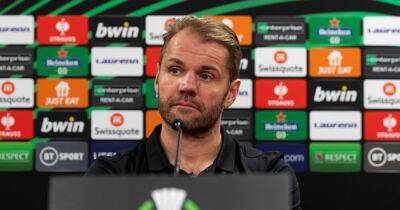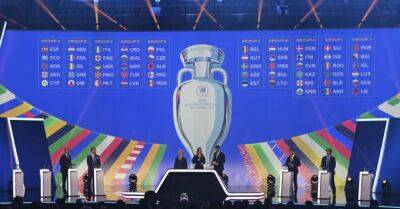Dangerous bacteria found in plastic pollution on Latvian and Lithuanian coastline
A group of Latvian and Lithuanian scientists combs the border beach of Palanga. They are studying the accumulation of plastic and are participating in a European project called ESMIC, which maps, analyses, and provides data and methodology for dealing with this pollution. Their first conclusion is that algae act as a magnet for plastics. Their first conclusion is that algae act as a magnet for plastics.
"We found that three times more plastic items are there present in the beach wreck (algae) compared to the fresh or clean beach sand on the coastline," explains Arūnas Balčiūnas_,_ the Project Manager of ESMIC.
To map plastics, scientists use several techniques, including drone imaging. This data is then compared with satellite images. This is how they determine which areas are most affected and the volume of algae and plastic that could help the municipalities. It is also of interest to the Lithuanian and Latvian authorities.
We are using three levels, three dimensions of the methods in situ like we are collecting it by hand, drones that can see smaller patches, and can be much more fast and operational, and the satellites that can take all the Baltic Sea," saysDiana Vaičiūtè, the lead scientist and remote sensing expert.
Lithuania and Latvia accumulate more seaweed (algae) and plastic than other Baltic Sea countries because of their geographical location - they are situated on the eastern side of this relatively closed sea - and the strong winds.
For this project, 449,574 euros were budgeted, of which 85% were financed by the European Cohesion Policy, and the remaining 15% was made by the participating project partners: Klaipėda University; Latvian Institute of Aquatic Ecology; Agency of Daugavpils University; Klaipėda







